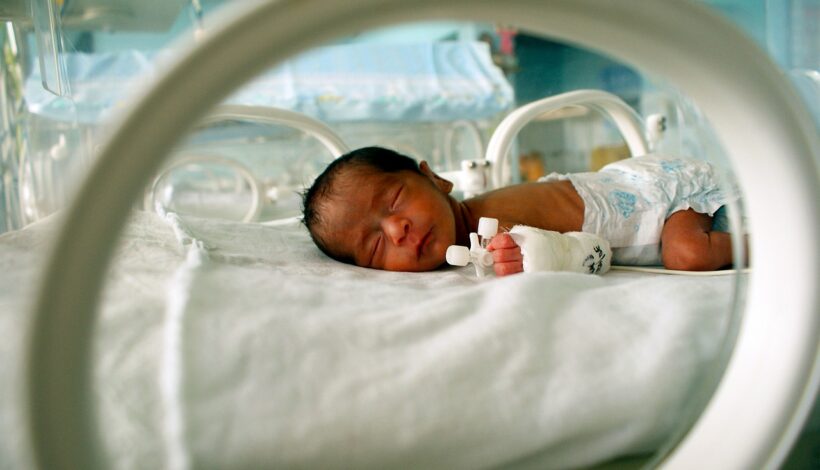Too often, we hear stories of people committing suicide due to bullying, whether online or in person. Bullies are often struggling with their own unresolved issues, but that does not excuse harming others. Today, let’s commit to a new wave of kindness and respect—regardless of race, socioeconomic status, gender identity, marital status, or even health choices.
The National Centre Against Bullying defines bullying as “an ongoing and deliberate misuse of power in relationships through repeated verbal, physical, and/or social behavior that intends to cause harm.” This can occur individually or in groups, and it can affect anyone who feels powerless to stop it.
As a healthcare provider, I respect patients’ personal choices, even when I may not agree with them—whether it’s vaccination, smoking, alcohol, or elective procedures. Autonomy over one’s body is a principle we must honor. Today, we can practice that same respect in everyday interactions by being kind and considerate to others, even when we disagree.
Healthcare professionals also take oaths that emphasize respect, compassion, and removing personal bias. Nurses take the Nightingale Pledge, and physicians now follow a revised oath that asks them to eliminate bias, combat misinformation, and uphold the dignity and rights of all patients. These commitments remind us that respect and kindness are core to our profession and daily life.
On World Kindness Day, let’s be mindful of how we treat others, including respecting personal choices in healthcare, diet, or lifestyle. A small act of kindness can make a huge difference in someone’s day.
Watch this inspiring video by Ikea: Ikea Kindness Video


